H.R. 1518: New Era of Preventing End-Stage Kidney Disease Act
This bill, titled the New Era of Preventing End-Stage Kidney Disease Act, aims to enhance research and care for rare kidney diseases to prevent the progression to end-stage kidney disease. It includes several key provisions:
Centers of Excellence for Rare Kidney Diseases
The bill establishes Centers of Excellence to focus on rare kidney diseases. These centers will:
- Conduct research on the causes, symptoms, and treatment of rare kidney diseases.
- Increase public awareness, especially in rural and underserved areas.
- Develop resources for training and clinical research related to these diseases.
The Director of the National Institute of Diabetes and Digestive and Kidney Diseases (NIDDK) will provide grants and cooperative agreements to entities working on these initiatives, funding up to $6 million annually from 2026 to 2030.
Research and Study Initiatives
The Secretary of Health and Human Services will carry out a comprehensive study examining:
- The effectiveness of routine urinalysis in diagnosing kidney disease.
- The quality of kidney biopsy and genetic testing for better diagnosis.
- Access to care and treatment patterns for affected populations.
- Factors influencing rare kidney disease and patient trust in providers.
A report on the findings of this study, along with recommendations, will be submitted to Congress within 18 months of the bill's enactment.
Provider Education and Training
The bill calls for enhancements in training for healthcare providers, particularly for nephrologists, to focus on:
- Understanding prevention and treatment issues specific to rare kidney diseases.
- Improving care quality for underrepresented communities.
- Increasing the number of trained nephrologists to meet care needs.
Awareness and Research on Treatment Methods
The legislation mandates experiments and studies aimed at:
- Evaluating treatments that could delay or eliminate the need for dialysis and transplants.
- Increasing public awareness about rare kidney diseases.
A report summarizing the outcomes and recommendations from these experiments will be submitted to Congress within 24 months of the bill's enactment.
Funding and Support Duration
The support for the Centers of Excellence will last for a maximum of five years, with the possibility of extending this period based on a positive review of the center's operations. Additionally, the bill authorizes annual appropriations for the mentioned initiatives for the specified fiscal years 2026-2030.
Relevant Companies
None found
This is an AI-generated summary of the bill text. There may be mistakes.
Sponsors
39 bill sponsors
-
TrackGus M. Bilirakis

Sponsor
-
TrackTroy Balderson
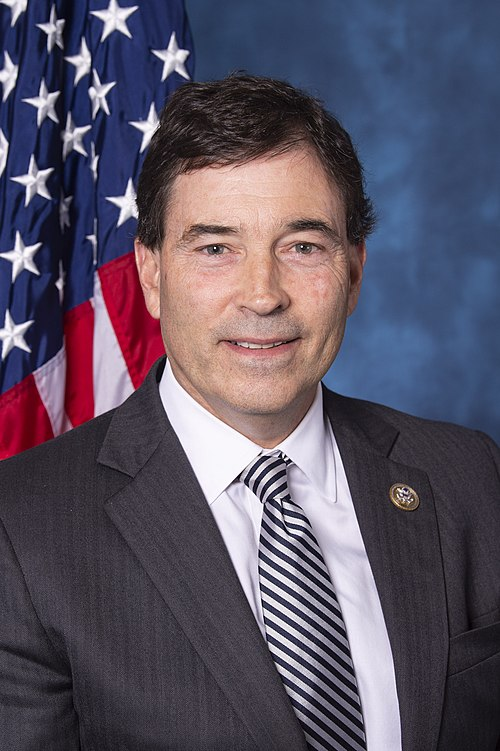
Co-Sponsor
-
TrackSanford D. Bishop, Jr.
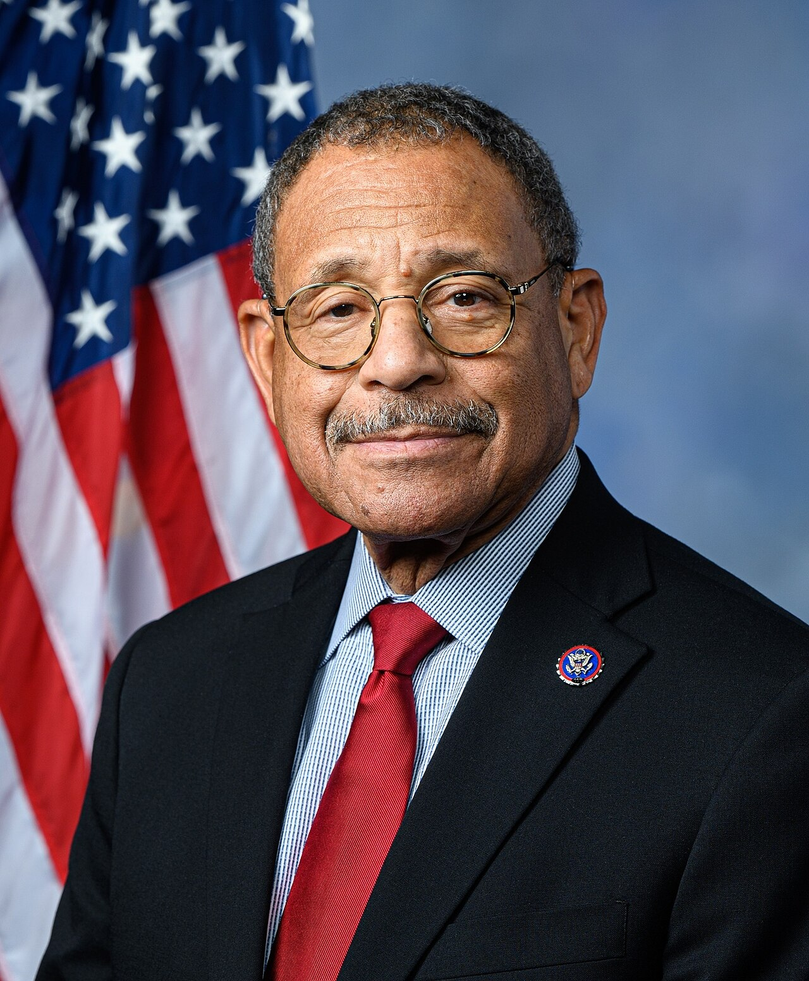
Co-Sponsor
-
TrackJulia Brownley
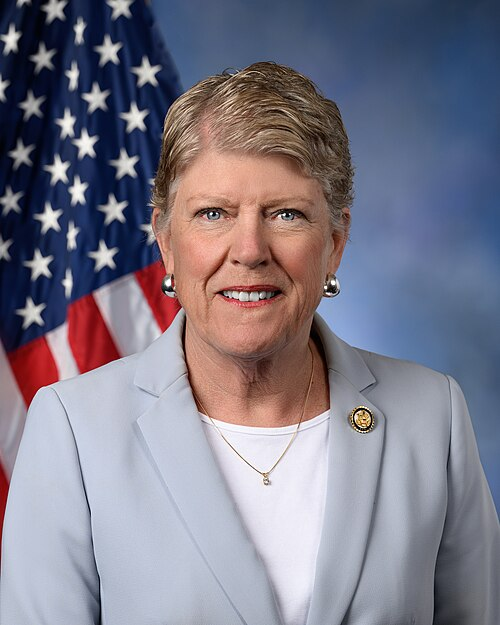
Co-Sponsor
-
TrackKathy Castor
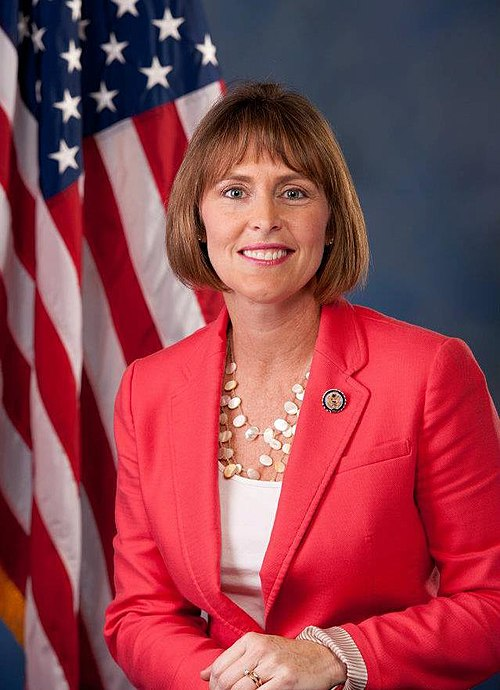
Co-Sponsor
-
TrackJ. Luis Correa
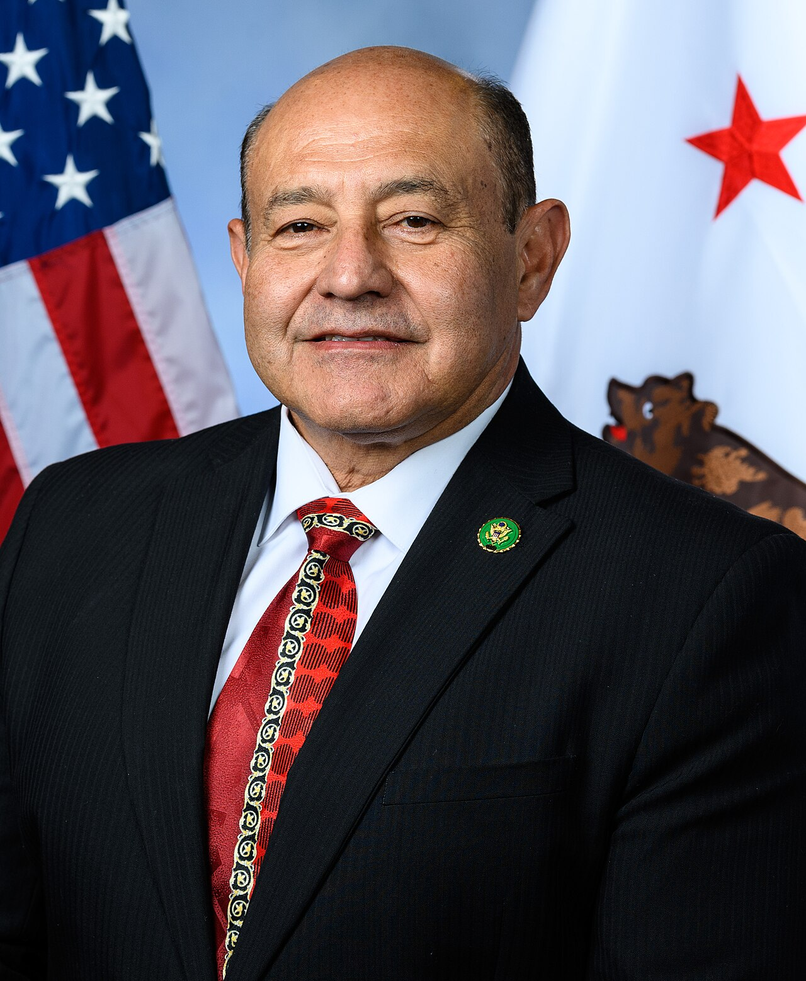
Co-Sponsor
-
TrackDan Crenshaw

Co-Sponsor
-
TrackJason Crow
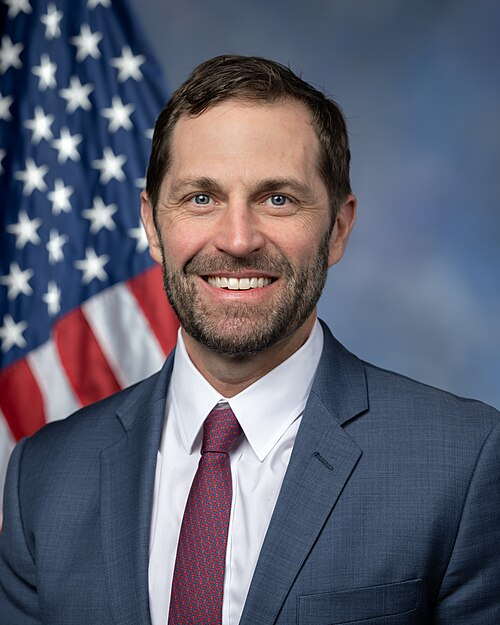
Co-Sponsor
-
TrackDanny K. Davis
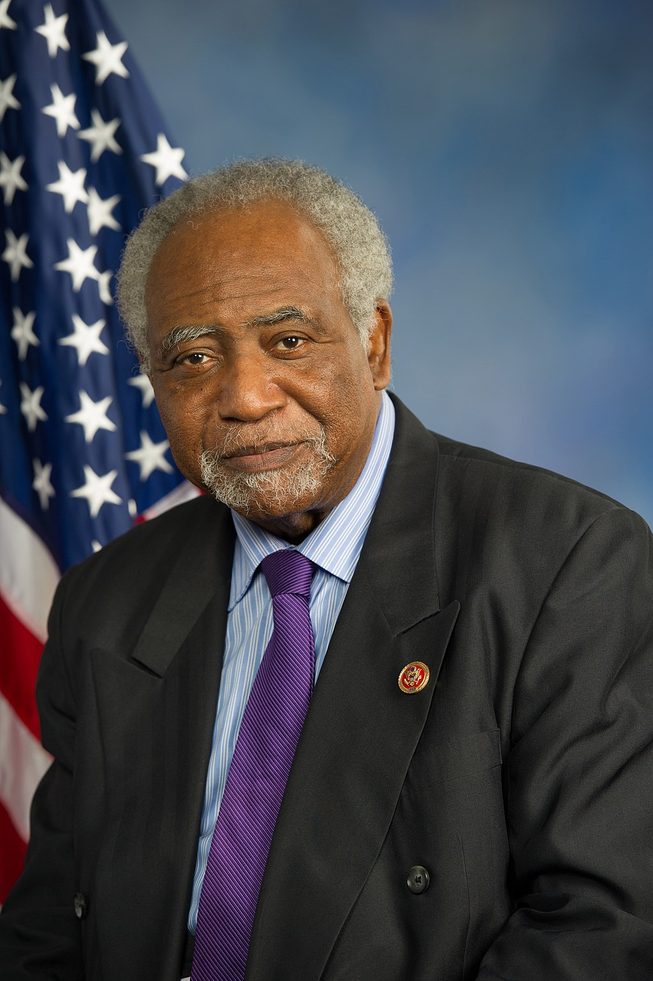
Co-Sponsor
-
TrackDonald G. Davis

Co-Sponsor
-
TrackNeal P. Dunn
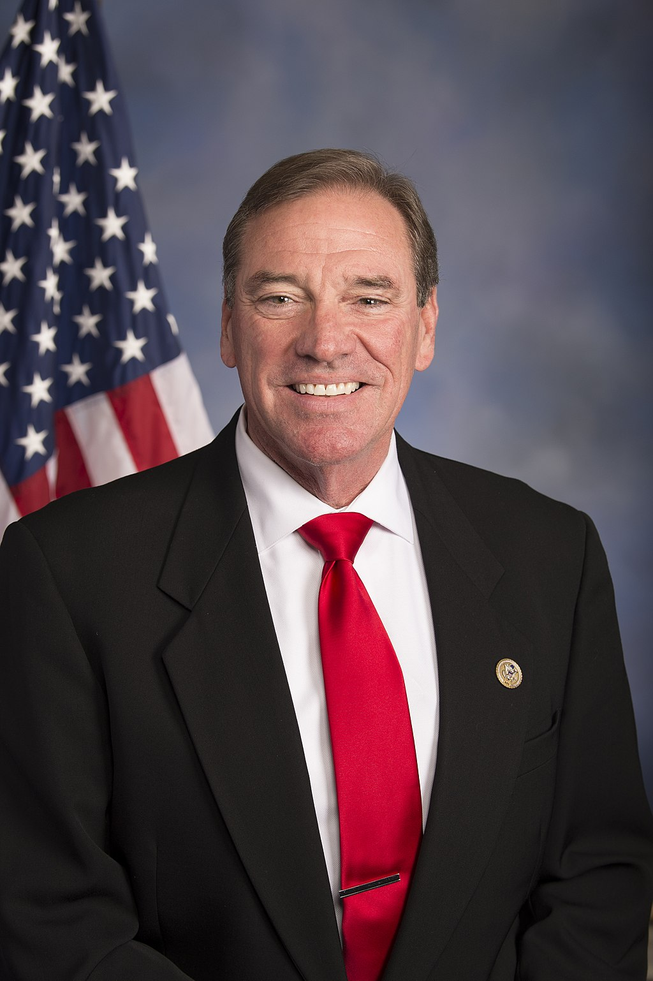
Co-Sponsor
-
TrackBrian K. Fitzpatrick
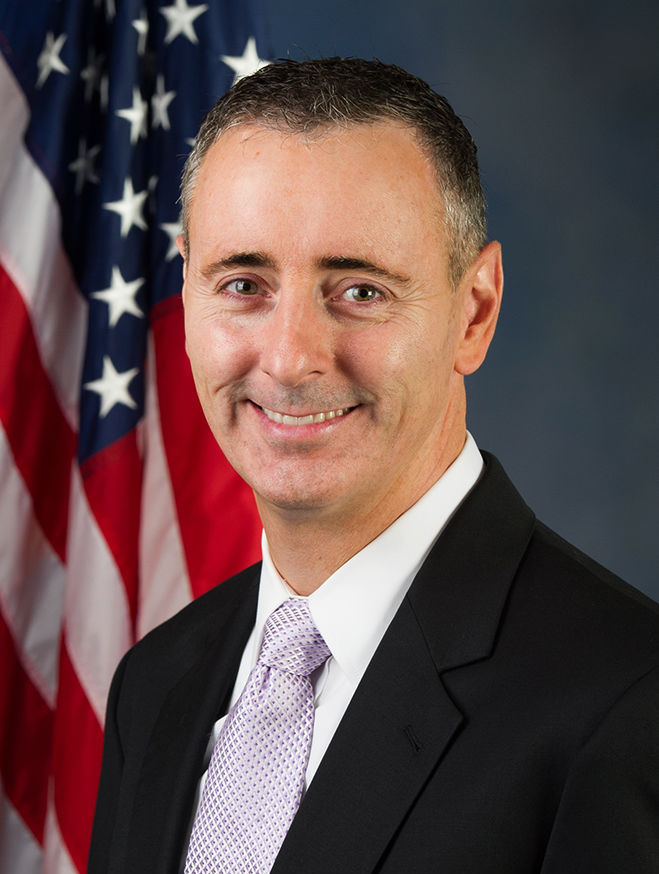
Co-Sponsor
-
TrackAndrew R. Garbarino
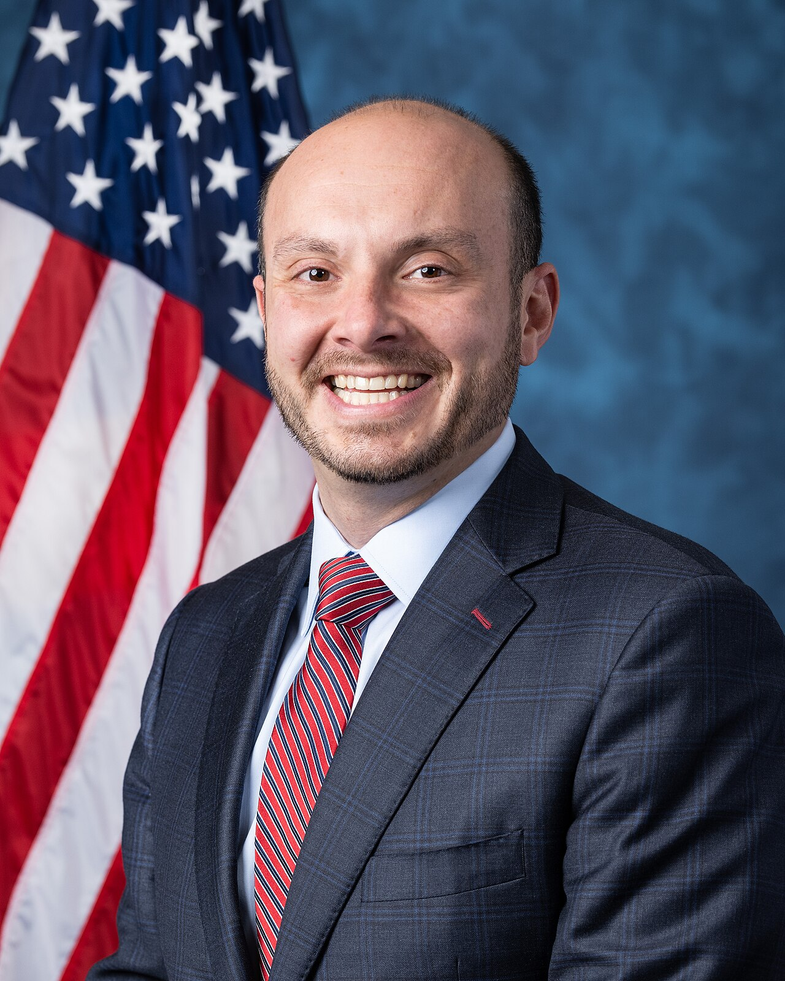
Co-Sponsor
-
TrackAl Green
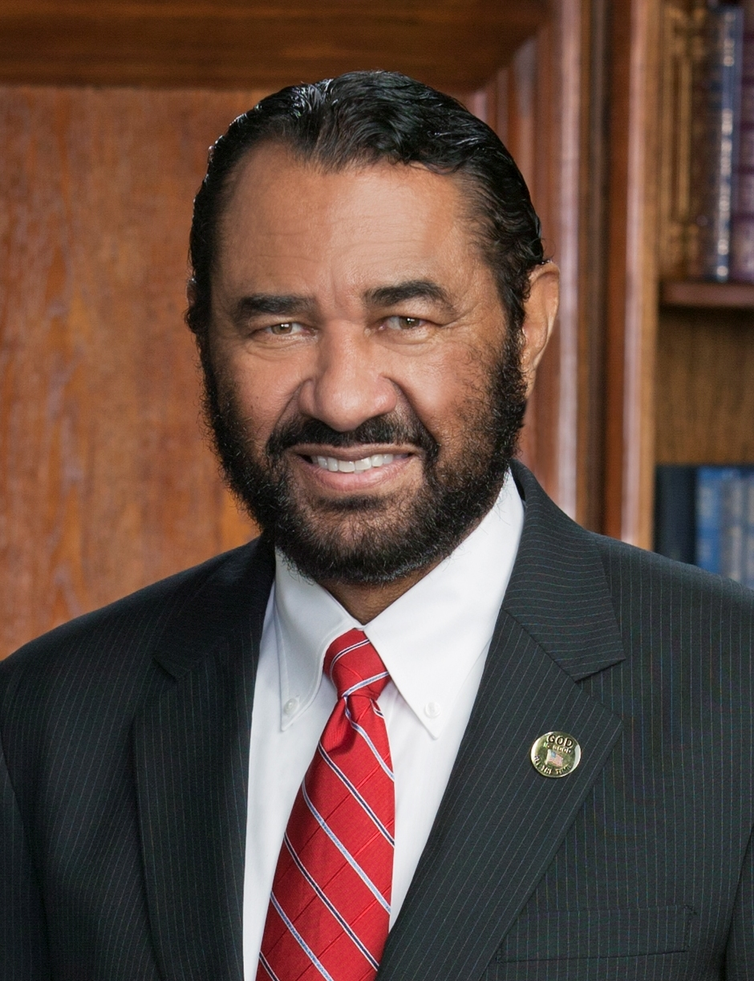
Co-Sponsor
-
TrackJonathan L. Jackson

Co-Sponsor
-
TrackHenry C. "Hank" Johnson, Jr.

Co-Sponsor
-
TrackYoung Kim
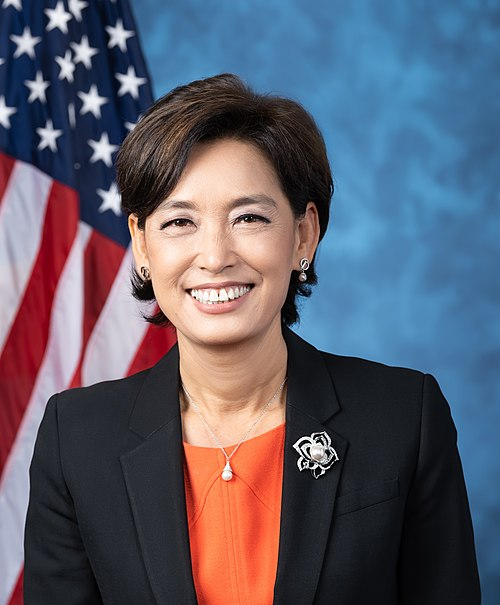
Co-Sponsor
-
TrackMichael Lawler
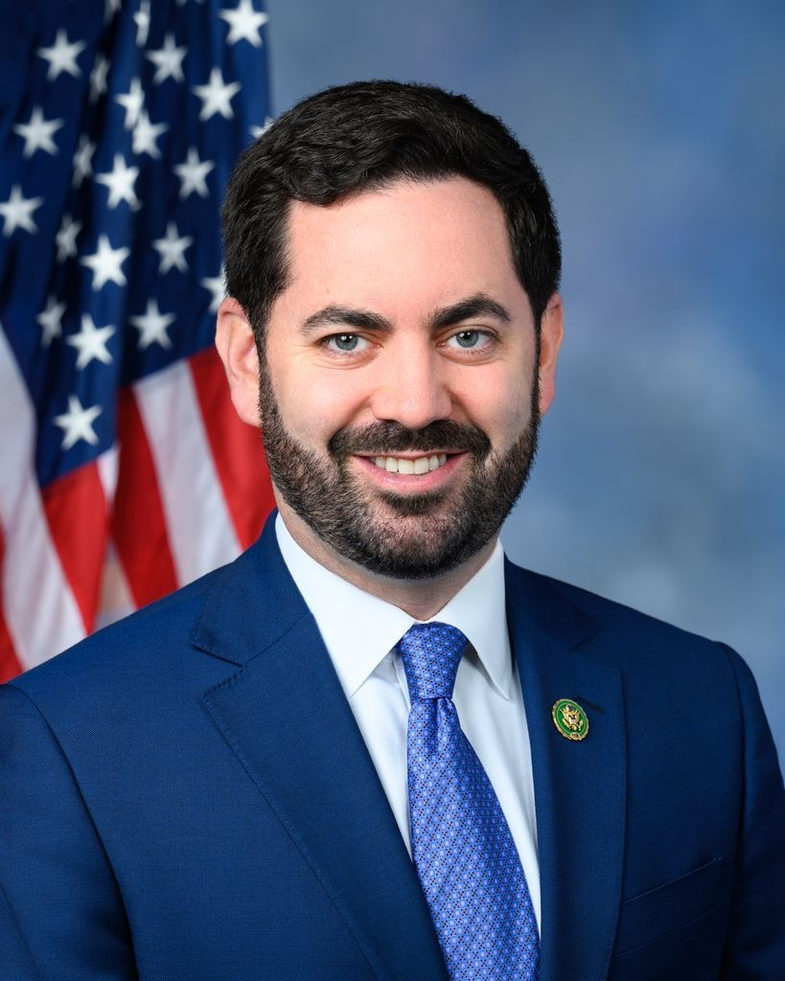
Co-Sponsor
-
TrackTed Lieu
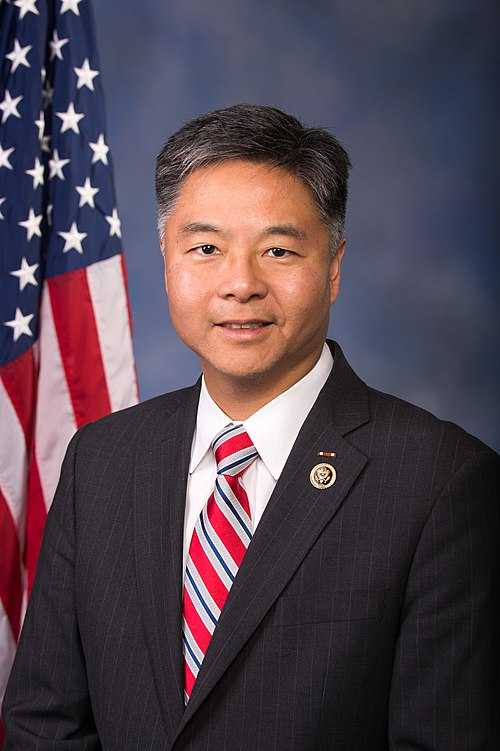
Co-Sponsor
-
TrackZoe Lofgren
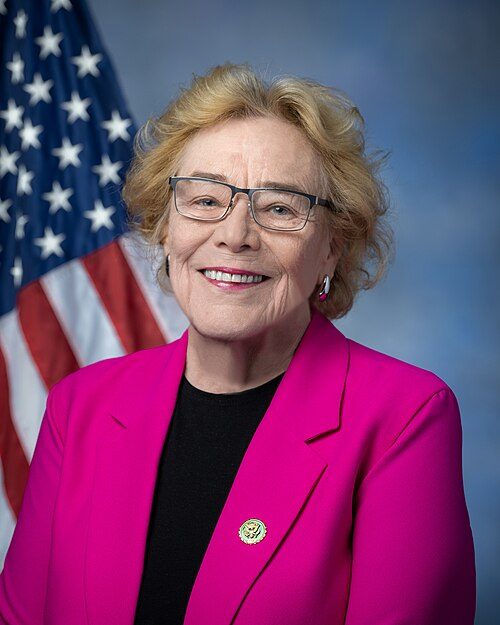
Co-Sponsor
-
TrackSarah McBride
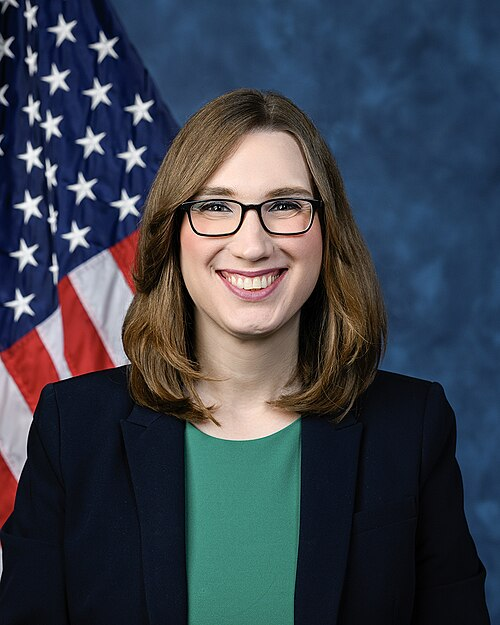
Co-Sponsor
-
TrackJames P. McGovern
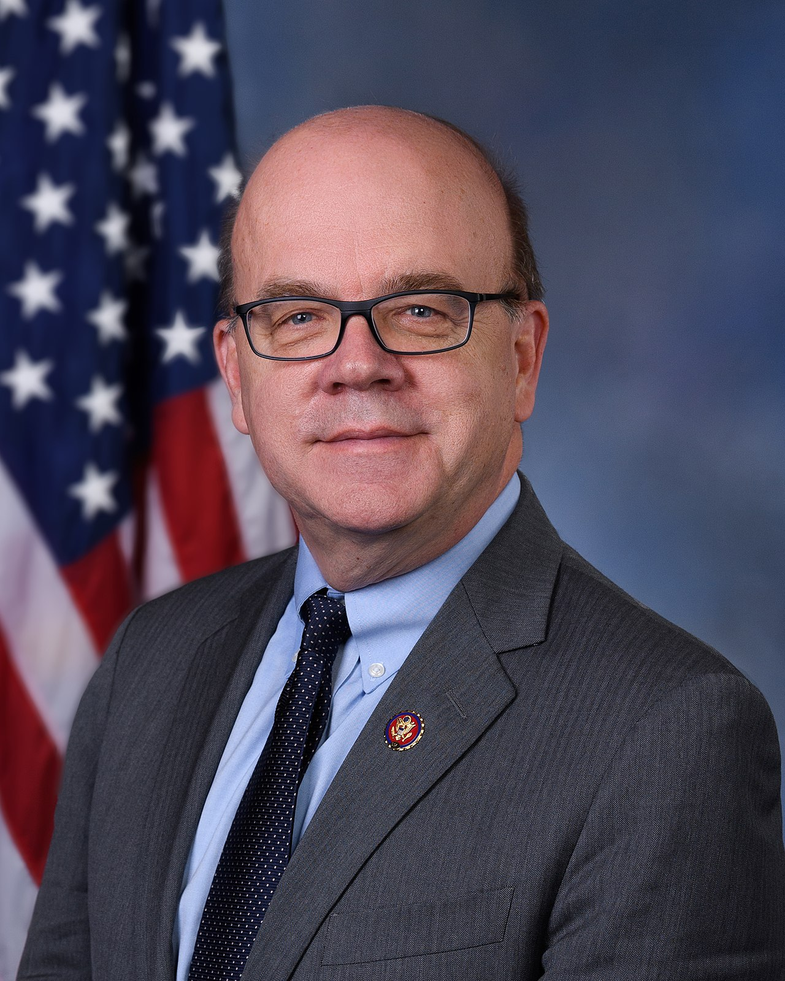
Co-Sponsor
-
TrackRobert Menendez

Co-Sponsor
-
TrackCarol D. Miller

Co-Sponsor
-
TrackJerrold Nadler
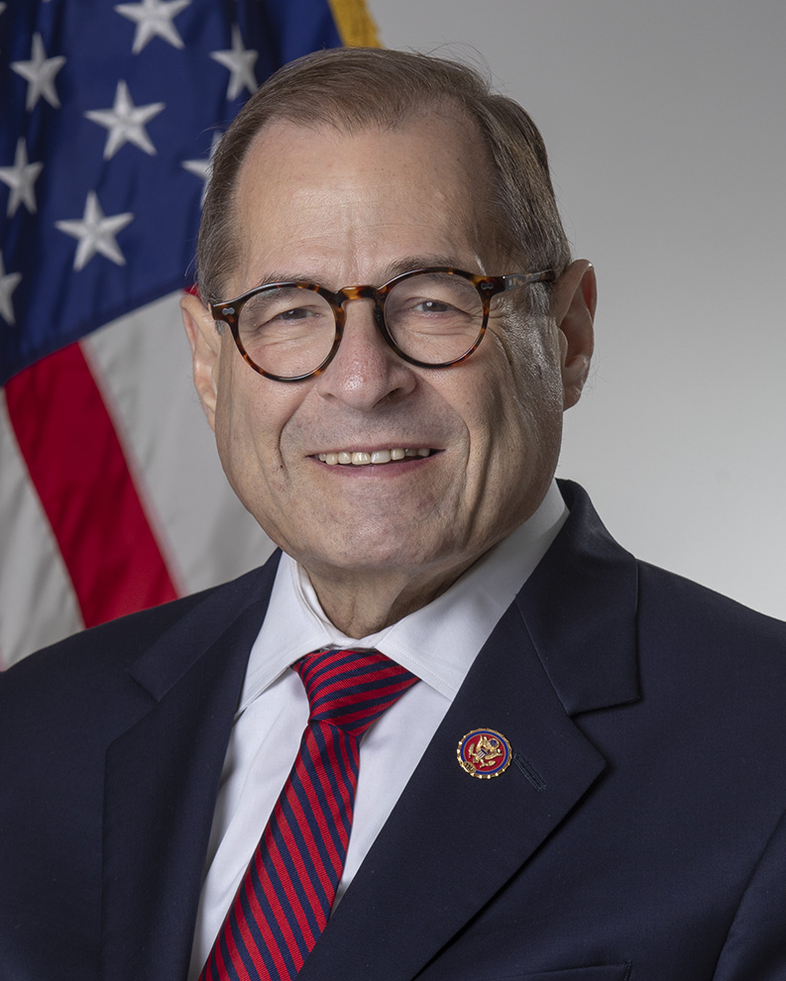
Co-Sponsor
-
TrackEleanor Holmes Norton

Co-Sponsor
-
TrackJay Obernolte
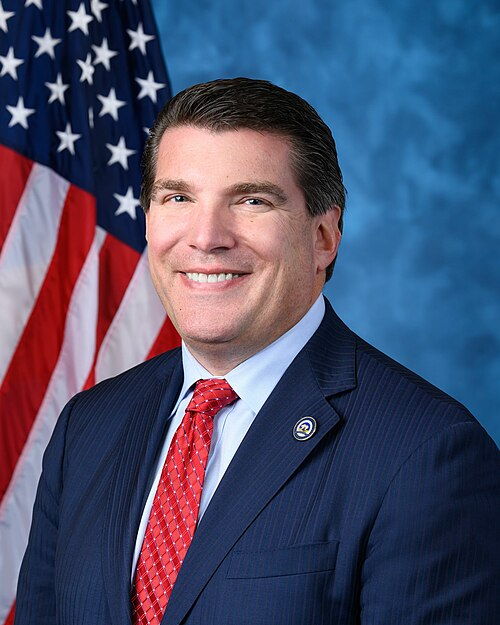
Co-Sponsor
-
TrackAlexandria Ocasio-Cortez

Co-Sponsor
-
TrackScott H. Peters

Co-Sponsor
-
TrackDeborah K. Ross
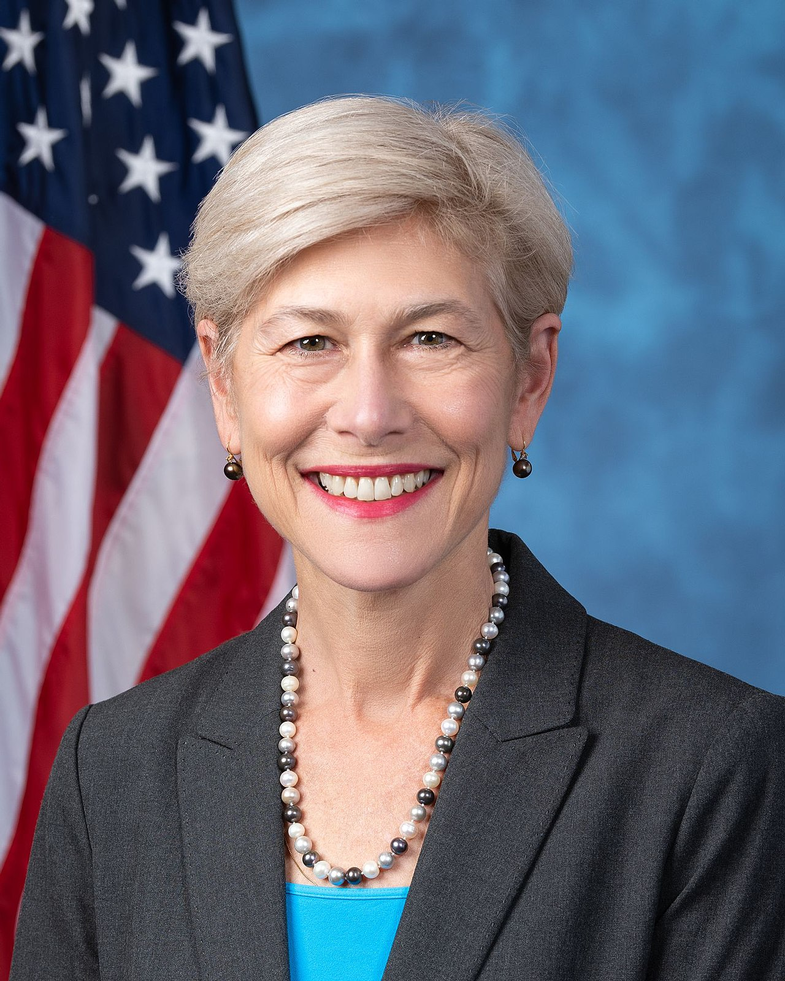
Co-Sponsor
-
TrackPatrick Ryan
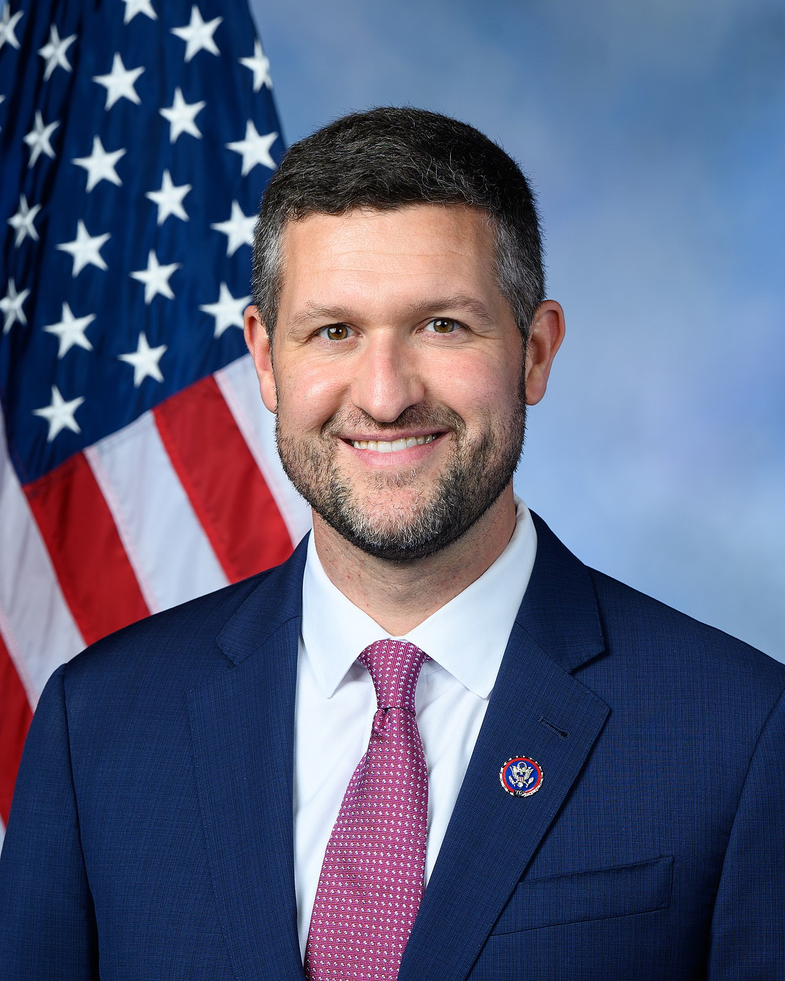
Co-Sponsor
-
TrackBradley Scott Schneider
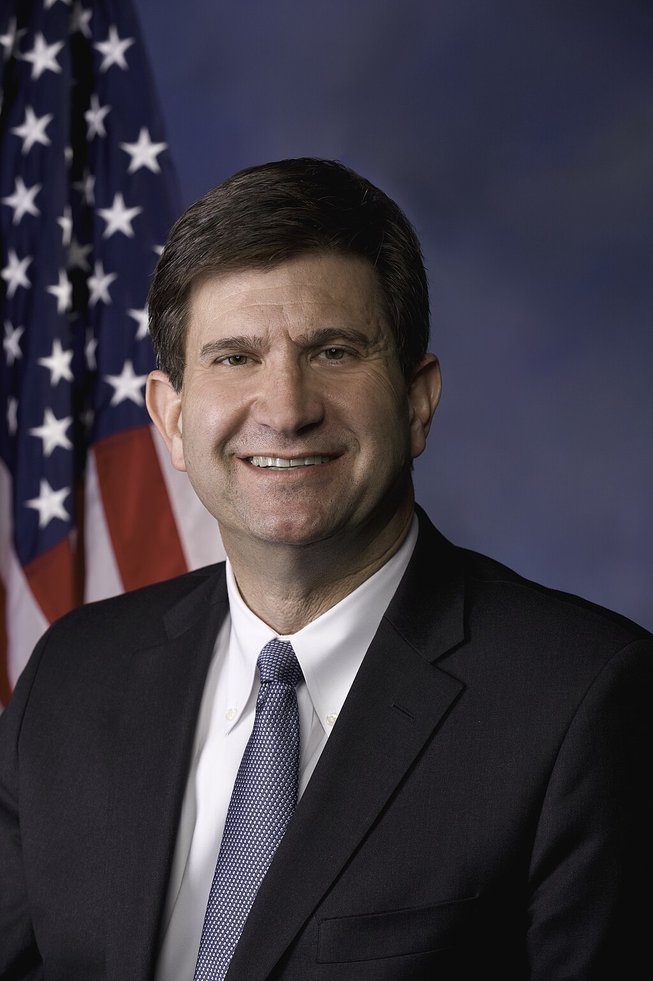
Co-Sponsor
-
TrackTerri A. Sewell

Co-Sponsor
-
TrackDarren Soto
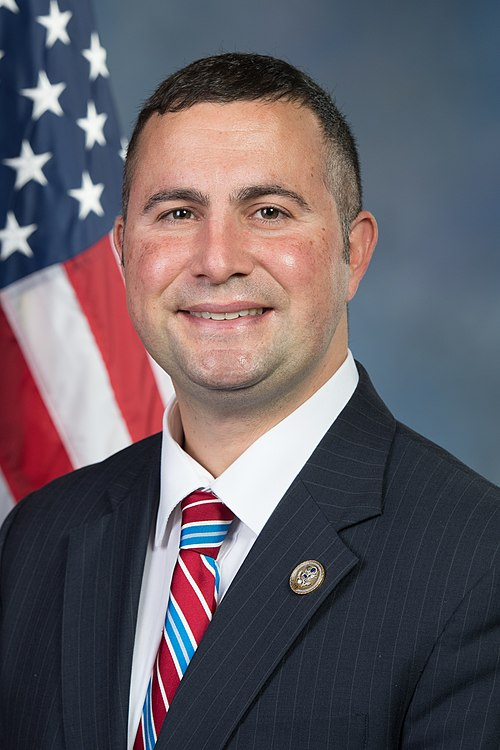
Co-Sponsor
-
TrackThomas R. Suozzi

Co-Sponsor
-
TrackRashida Tlaib
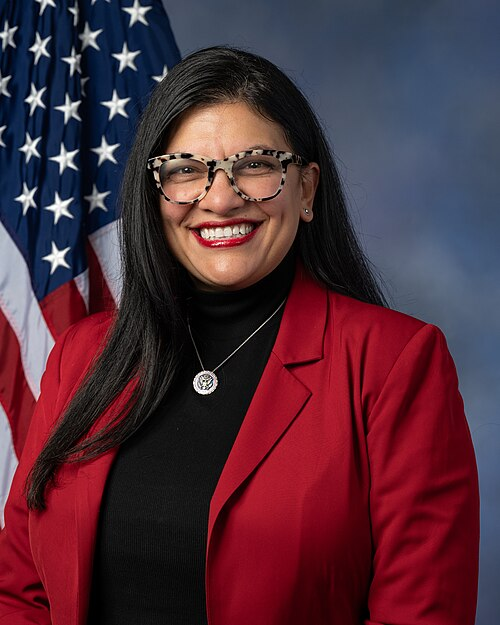
Co-Sponsor
-
TrackPaul Tonko
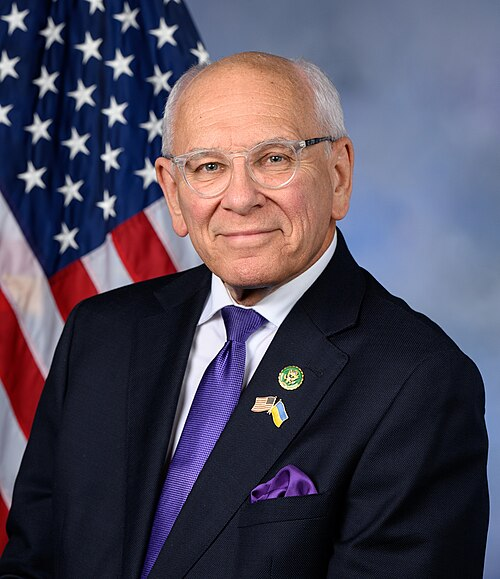
Co-Sponsor
-
TrackEugene Vindman
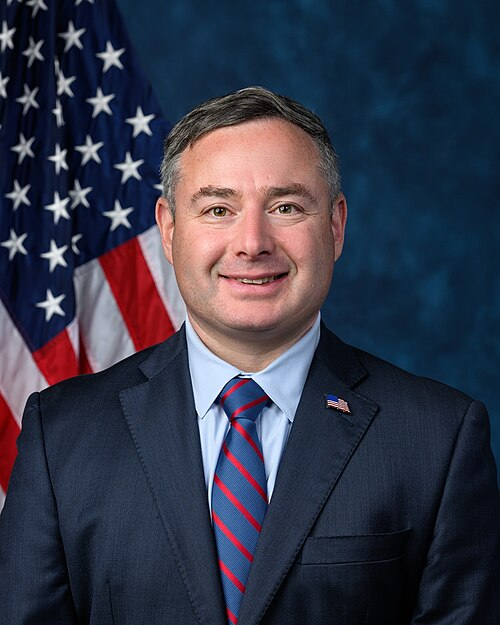
Co-Sponsor
-
TrackJoe Wilson

Co-Sponsor
Actions
2 actions
| Date | Action |
|---|---|
| Feb. 24, 2025 | Introduced in House |
| Feb. 24, 2025 | Referred to the Committee on Energy and Commerce, and in addition to the Committee on Ways and Means, for a period to be subsequently determined by the Speaker, in each case for consideration of such provisions as fall within the jurisdiction of the committee concerned. |
Corporate Lobbying
0 companies lobbying
None found.
* Note that there can be significant delays in lobbying disclosures, and our data may be incomplete.
Potentially Relevant Congressional Stock Trades
No relevant congressional stock trades found.